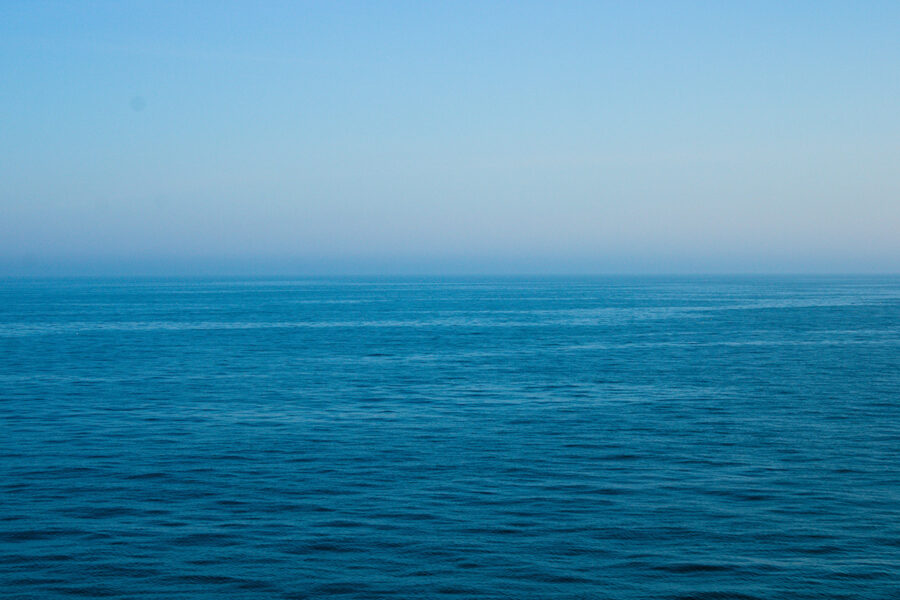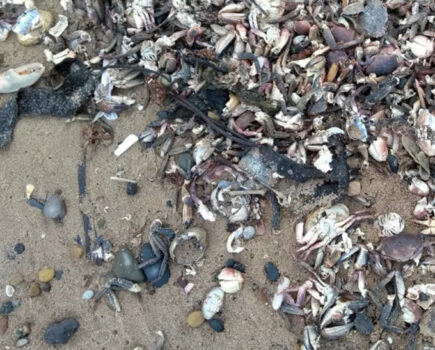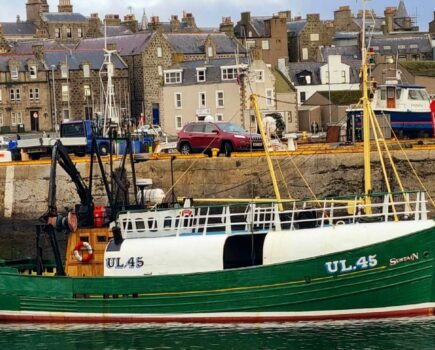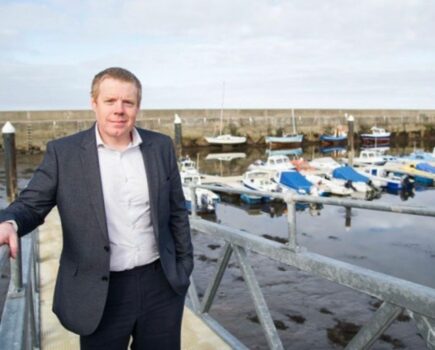Final decommissioning figures released by BIM
A total of 42 fishing vessels will be scrapped as part of the Irish government’s decommissioning scheme.
The 42 vessels amount to a total capacity of over 6,700GT, which is 84% of the target of 8,000GT sought by the government as part of the Brexit- related scrappage scheme.
The total cost will be €63m – below the €75m secured from the EU by Ireland’s marine minister Charlie McConalogue.
The 42 vessels comprise a mixture of prawn and whitefish trawlers, seine netters, gill- netters, and beam trawlers, spread between fishing ports around the coast, Bord Iascaigh Mhara (BIM) said.
A total of four vessels had already been scrapped by ‘specialist recyclers’ based in New Ross, Co Wexford and Limerick by late March, it said. Scheduling for the 38 other vessels is ‘underway’, and this must be completed in an ‘environmentally compliant’ manner by 31 October.
The big jump in figures – which had been running at 21 accepted offers from a total of 57 offers up to early March – was confirmed by BIM on 22 March.
Up to late February, some 20 of the 57 offers issued by BIM back in January were under appeal.
The Irish government was seeking to decommission up to 60 vessels from the whitefish fleet, as a result of the overall loss of quota due to Brexit.
BIM said this would ensure that over 9,000t of quota fish valued at €35m annually would be available for remaining whitefish vessels to catch, ensuring the surviving fleet’s economic viability into the future.
BIM’s recently appointed chief executive Caroline Bocquel said: “We understand that any decision to voluntarily decommission vessels is a very difficult one for vessel owners, and BIM has been working closely with the industry in recent months to assist vessel owners through the process.
“Recognising the magnitude of choosing to stop fishing, BIM is confident that the result of the scheme will help put the sector on a firmer financial footing and deliver a more sustainable future for the industry.
“By restoring the profitability of the fishing sector, it will help those remaining in the sector and support the wider economies of Irish coastal communities.”
BIM said the voluntary decommissioning scheme is one of a number of financial supports for the Irish seafood sector that have been agreed in the wake of the Seafood Taskforce report, which was established by Charlie McConalogue to ease the impact of Brexit.
“Thus far, up to €268m has been made available for a wide range of schemes aimed at supporting the industry to adjust to the new situation post- Brexit,” BIM said.
Irish industry organisations had sought a meeting with the taoiseach to discuss the decommissioning scheme, as there was considerable anger among applicants, some of whom received offers well below the quoted maximum sum of €12,000 per gross tonne.
Applicants who received funding for temporary tie-ups as a Brexit impact measure were also told this money must be paid back under state aid rules.
The funding for the decommissioning scheme is being paid from the Brexit Adjustment Reserve awarded by the EU to Ireland. The sum of almost €1bn must be used within two years, or returned.
Irish Fish Producers’ Organisation chief executive Aodh O’Donnell had called on the Irish government to reserve some tonnage within the state to ensure there is a route for young skippers seeking to buy vessels at a later date.
Marine minister Charlie McConalogue increased funding for the scheme from €60m to €75m in January, but the Irish South and West FPO estimated that a realistic scheme would cost at least €96m.
This story was taken from the latest issue of Fishing News. For more up-to-date and in-depth reports on the UK and Irish commercial fishing sector, subscribe to Fishing News here or buy the latest single issue for just £3.30 here.
Sign up to Fishing News’ FREE e-newsletter here.








